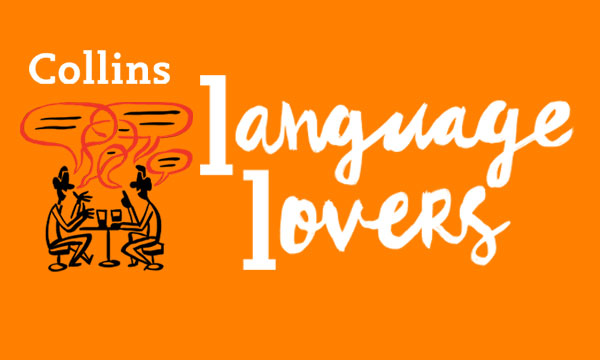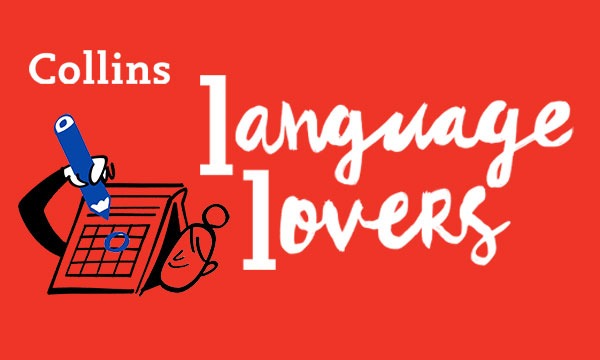Friday 4 August marks International Beer Day. Started in 2007, the Day honours the people who make and serve beer as well as suggesting we enjoy the drink in novel ways or with friends or try a new variety.
Beer was once British everyman’s drink, wine being generally reserved for ladies, the middle classes and the upper echelons. Beer the word and words essential to brewing such as malt, barley and yeast, not to mention the word brew itself and tun, come to us from Old English, demonstrating the antiquity of the beer tradition, while hops and tankard came from Dutch into Middle English. Beer’s sister ale, also from Old English, is cognate with the words in the Scandinavian languages for ‘beer’, namely øl in Danish and Norwegian and öl in Swedish.
But now the wine o’clock culture has put vino on everyone’s drinks list, and the statistics prove that beer consumption is declining (in the UK anyway). Figures I’ve found are in litres, about the most inappropriate unit you could think of for British beer, but here goes anyway: in 2008 Brits drank 84 litres/148 imperial pints or eighteen and a half gallons per year per head; by 2021 that was down to 68 litres/120 imperial pints or fifteen gallons, a 19 per cent decline. (Incidentally, UK pints are larger than US pints, which is why I’ve specified ‘imperial’ here.)
Contrast the 2021 rate in Britain, which equates to 2.3 pints per person per week, to Coventry in the sixteenth century, where the average consumption of beer and ale was seventeen pints per week.
And how do the current UK figures compare with Germany, the country one would stereotypically associate with beer? I’m glad you asked that question. Well, the same source gives 2021 figures of 89 litres or 157 imperial pints, higher than the UK 2008 figure. Job done, stereotype confirmed.
As drunk as a monk?
Scrutinising the beautifully designed carton containing my six-pack of Leffe – ‘other brands are available’ – Belgian beer zero-alcohol (don’t ask) before I dismantle it, my eye is drawn to the schematic image of an obviously European Romanesque ecclesiastical building in a little shield-shaped inset at the top of the design and to the date – 1240.
Though the first archaeological traces of beer are from the Middle East five millennia BCE and the first records even include a four-thousand-year-old receipt for the purchase of beer, from a European perspective beer is the northern beverage par excellence. And from the Dark Ages onwards the monasteries brewed it and brewed it and brewed it.
Monastic brewing still flourishes mightily today. Leffe beer is just one of several Belgian ‘abbey’ beers, some of which are produced by Trappist monks.
In many ways, mediaeval monks lived a more comfortable, healthier life than most laypeople. They sited monasteries near rivers or streams to ensure a running water supply which was used, inter alia, to flush the latrines of their reredorters.
To drink pure water in the Middle Ages was a health hazard. Using it to brew beer, however, meant it had been heated, thus sterilising it up to a point, while its yeast and alcohol content were also medicinal. The mediaeval brewing process produced three strengths of beer. The final and weakest brew, which is what monks and women drank, was named ‘small beer’, which gave rise to the metaphor small beer to describe something insignificant, particularly in monetary terms, e.g. Such roles are small beer compared with the fame she once enjoyed. At one monastery, the daily ration of small beer was no less than ten pints per tonsured capita.
The importance of beer in traditional British (pub) culture cannot be overstated. To illustrate that, the phrase ‘to go for a pint’ means ‘to go to the pub’ – or other establishment that serves beer, not to mention the catchphrase ‘beer and skittles’, meaning ‘enjoyment’. Overdrinking beer also explains why there are so very many synonyms for inebriated, some of them unusable in polite society. I’ve often wondered, though, why poor innocent newts should be the vehicle for a standard simile. Then there’s the rhyming slang elephant’s trunk and Brahms and Liszt.
Beer guts and six-packs
We’ve seen how the history of beer created the metaphor small beer, but that’s just one of many (catch)phrases derived from beer and drinking it.
Amber nectar is a tongue-in-cheek name for ‘beer’ popularised by the Australian brewers Foster’s advertising campaign in the 1980s. In fact, the phrase first appeared in American English in 1832 and has variously referred to wine and whisky before being appropriated to beer.
Beer also fuels at least five anatomical, if you will, phrases. We all know what that uniquely male affliction a beer belly is – and how hard it is to lose. It’s polar opposite is the gladiatorially muscular six-pack. Probably less well known are beer goggles, the invisible eyewear that causes people’s attractiveness to increase in direct proportion to the amount of beer consumed by the observer. For men, however, the strength of those beer goggles is in inverse proportion to their ability to consummate, thanks to the phenomenon of brewer’s droop. Finally, referring to someone or something as pint-sized is a pull-no-punches synonym of petite.
Talking of pints (a word probably from Old French) there’s also the idiom to fit a quart into a pint pot, namely, to try to cram anything into a space too small for it. Which, as it happens, is a problem for me when writing: there’s so much that could be said, but blog posts are definitely finite in length. So I’ll sign off with a few favourite beer-related words and phrases.
Bad behaviour caused by drinking has led to those misbehaving being called lager louts, who are generally on the right side of forty. Older drinkers who similarly misbehave are punningly Saga louts, after the well-known (in the UK) tour operator for over-fifties. Online recently I stumbled across the phrase champagne tastes on a beer budget as a put-down to someone who was complaining about the prices at a restaurant. It seems that phrase is a ‘thing’ to describe someone living above their means because of their taste for the finer things in life. And finally, the rather old-fashioned cakes and ale, meaning ‘the good things of life’, from Shakespeare’s comedy Twelfth Night.
On that note, may I wish you Santé, Prost, Skål, στην υγειά σας! будьмо! and Slàinte mhath for your next beer.
By Jeremy Butterfield
Jeremy Butterfield is the former Editor-in-Chief of Collins Dictionaries, and editor of the fourth, revised edition of Fowler’s Dictionary of Modern English Usage.
All opinions expressed on this blog are those of the individual writers, and do not necessarily reflect the opinions or policies of Collins, or its parent company, HarperCollins.



